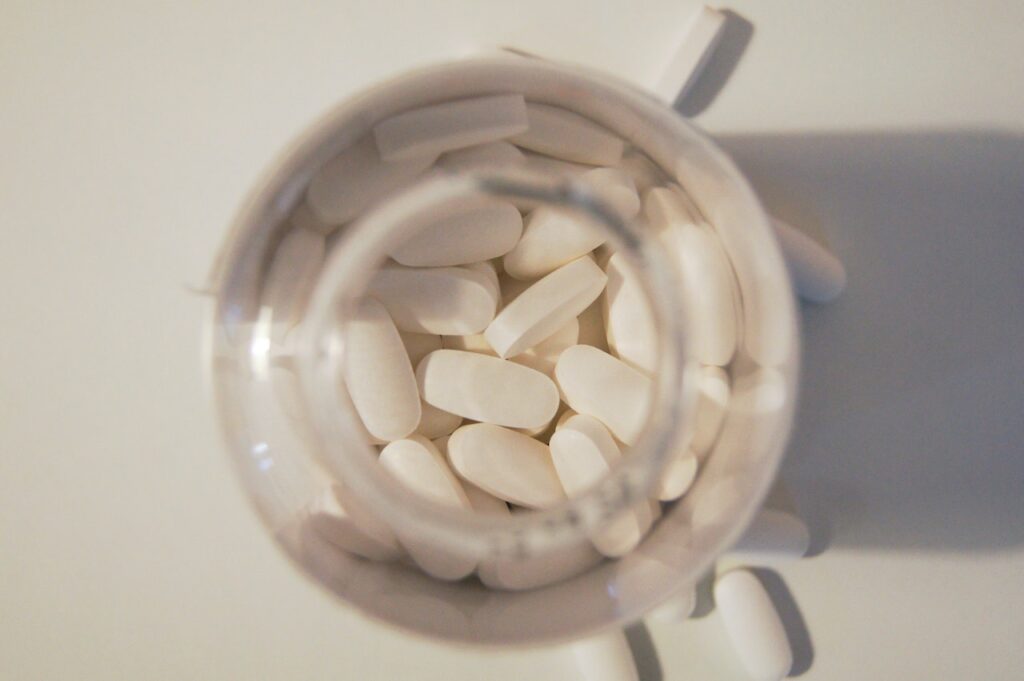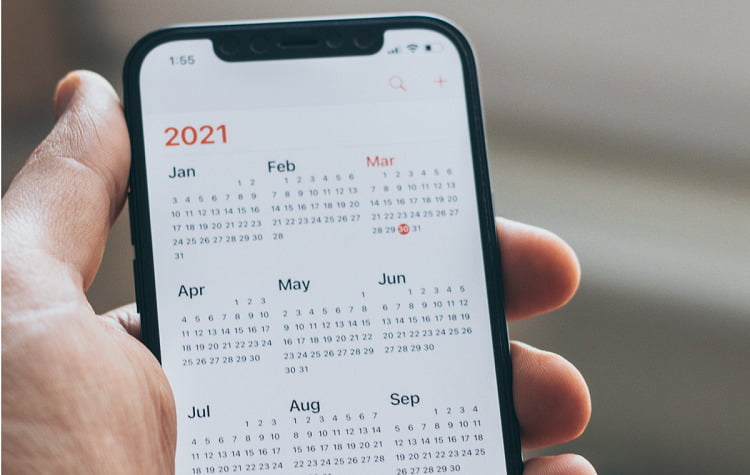Drug and Alcohol Rehab in Hove
Though not many individuals may realise it, addiction is a disorder – one of the most serious mental health conditions that can affect individuals.
Because of this, substance abuse and other forms of addictive behaviours may not be considered as seriously as other disorders, meaning that more and more people are developing addictions unknowingly.
Addiction is not just a disorder that affects the individual struggling with it, but also those around them (1). Close friends or family members, for example, may develop habits of stress and worry when thinking about or being near their loved ones.
This can last for long periods, often needing long courses of therapy and other forms of counselling to overcome.
Family drug support, for example, is widely available from most sources of drug and alcohol rehab in Hove.
Why Seeking Treatment Sooner Than Later Is Essential

As well as not often being considered a disorder, addiction is also a disorder that can quickly worsen.
This is especially true when the individual may not be aware of their condition, as well as if they are in denial – a common phenomenon when it comes to addiction.
This means that these individuals are especially at risk, adding to the struggles that they may encounter later in the rehabilitation and/or recovery process.
If an addiction is left untreated, the individual may begin to experience more and more serious effects, including the mounting dangers if the individual chooses to undergo a detox after engaging in regular and long-term substance abuse.
If you or someone you know are struggling with addiction, please do not hesitate to get in contact with Rehab Recovery to find the most suitable drug and alcohol rehab in Hove for you.
What is Rehab?

Rehabilitation comes in many forms, but the overall aim is to help individuals learn to cope with their addiction; it is not something that can be completely ‘cured’.
Through drug and alcohol rehab in Hove, individuals will learn about their addiction, including the exploration of its root causes, the effects that it has had on their daily life, and ways in which they can develop coping mechanisms for the long-term.
Studies show that drug rehabilitation is extremely effective when approached correctly, with some studies quoting different aims and outcomes when it comes to male and female participants (2).
In any case, the most effective approach to rehab is one that has the overall aim of abstinence i.e. assisting the individual to stop the usage of the substance they are addicted to.
This can be achieved either through going ‘cold turkey’, slowly reducing their dosage, or tapering the individual to a different substance with the same effects but with fewer adverse effects.
Are You Concerned About a Loved One?

If you are concerned about a loved one, friend, family member, or even acquaintance, then it is common to have the strong urge to try and help.
Although this is positive, as it can increase the chances of an individual entering rehab or seeking further help, it is important to approach this in the right way.
For example, it is essential not to assume any facts unless directly proven, as well as to keep an open mind to the individual’s situation.
People develop addictions for a variety of reasons, so being aware of this and not coming to any conclusions or assumptions about the individual’s position is the best way to earn their trust, allowing you to help them further or just to lend a listening ear.
Drug and alcohol rehab in Hove often offers courses on talking to loved ones about addiction, as well as through Rehab Recovery’s addiction hotline.
What Happens During Drug and Alcohol Rehab in Hove

During a rehabilitation programme through drug and alcohol rehab in Hove, there are generally three stages that individuals will progress through, each with full commitment and motivation.
These are listed below:
These are the stages that Rehab Recovery recommends, and all residential rehab centres and programmes suggested by our services will follow this approach.
It is essential to undergo each of these stages one by one, not progressing with the next until the previous stage has been completed in full.
By progressing in this manner, individuals will have the best possible chance at a full and effective rehabilitation journey, giving them the best possible chance for long-term abstinence and maintenance of these learnings.
How Long is Rehab?

As every individual experiences addiction differently, the length of time that it takes individuals to progress effectively through rehabilitation will differ.
This can be due to the severity of addiction e.g., history of addiction, regularity and co-occurrence of substance abuse, and any withdrawal symptoms that they may experience, as well as the individual’s requirements and needs.
Because of these differing times, however, Rehab Recovery has come up with a recommended amount of time for individuals to spend in drug and alcohol rehab in Hove.
Referring to a stay in residential rehab centres, Rehab Recovery recommends a stay of 28 days, allowing for a full rehabilitation experience, thorough detoxification, therapy, and any necessary aftercare.
Cost of Alcohol and Drug Rehab

As mentioned above, every individual will have a different experience of addiction and, therefore, their experience of drug and alcohol rehab in Hove, too.
This can massively affect the cost for every individual as the overall cost would take into account the treatment programmes they took part in, the type of accommodation in residential rehab, and the additional services that they may have taken part in i.e., a full medically-assisted detoxification procedure.
In any case, Rehab Recovery can provide financial support, planning, and advice for any individual seeking rehabilitation through our services.
Medical Alcohol and Drug Detox

This is the first stage of rehabilitation and, therefore, is arguably one of the most important.
During this stage, individuals withdraw from the substance they are addicted to, often leading to withdrawal symptoms.
These can vary depending on the substance the individual is withdrawing from, as well as the history of the individual’s addiction and the quantities of the substance that the individual has been consuming.
In some cases, drug and alcohol rehab in Hove may offer medically assisted detoxes, though these are only for the most serious cases of withdrawal and are often implemented to help alleviate the negative physical withdrawal symptoms that an individual may experience.
Addiction Therapy & Treatment Options in Hove

After detox, the individual can move on to additional rehabilitation programmes, often including the use of therapy in a variety of ways.
For example, more and more addiction recovery services are providing holistic therapy techniques such as the implementation of art, music, yoga, and meditation therapy.
These types of therapy take the benefits from the standard activity i.e., art, and create a rehabilitation programme around them, helping the individual to express themselves differently, or simply become more relaxed in their rehabilitation journey, adding to the multiple benefits of this new venture.
Some centres, for example, are implementing forms of religious therapy – shown to be extremely effective when used in specific environments (3).
Drug and Alcohol Aftercare Programme

After leaving a rehabilitation programme, an individual can seek as much further support as they need.
Through residential rehab specifically, individuals may be offered a specialist aftercare programme as part of their care, but aftercare is available to all individuals who have progressed with their rehabilitation journey.
Common examples of aftercare include the encouragement for individuals to join a mutual support group such as Alcoholics Anonymous (AA) or Narcotics Anonymous (NA) after leaving drug and alcohol rehab in Hove.
This is a great way to continue the rehabilitative support that was offered during the individual’s rehabilitation programme, but it is also a great social opportunity for individuals recovering from addiction.
Do We Offer Drug and Alcohol Relapse Prevention?

As part of most rehabilitation programmes through drug and alcohol rehab in Hove, there will be a strong emphasis on relapse risk prevention training.
This focuses on the individual’s life after rehab, preparing them for the potential triggers and cravings that they may experience and creating a plan to help them remember this after leaving rehab.
As part of this plan, individuals should consider the above i.e., triggers and cravings, as situations that may occur outside of rehab.
This will allow them to plan for these events, increasing the chances of avoiding potential relapses and having the right contacts available on this plan should they be needed.
Advantages of Private Rehab

Private residential rehab is the most effective approach to rehab that is suitable for the majority of individuals seeking rehabilitative care.
Through private rehabilitation, also known as inpatient care, individuals will undergo their tailored addiction treatment programme, creating a much higher efficiency and success rate for these types of programmes.
In addition, these centres also have expert staff, available 24/7 to individuals staying within these centres, as well as being well stocked in any resources or medical supplies that may be required by individuals struggling with addiction and going through the recovery process.
Get the Help You Need Today

Rehab Recovery is ready and waiting to help you or someone you know who may be struggling with addiction.
Find the most suitable options for drug and alcohol rehab in Hove for you.
From mild and short-term addictions to the most severe and long-term conditions, Rehab Recovery’s friendly and professional team is just one phone call away.
To see how we can help you or someone you know, get in contact with a member of our addiction support team today at 0800 088 66 86.
References
[1] Barnard, M., 2006. Drug addiction and families. Jessica Kingsley Publishers.
[2] Yahaya, S.N., Yusof, R. and Alias, S.R., 2011. The Construction, Validity, Reliability and Effectiveness of Drug Rehabilitation Module on Self-Concept of Female Addicts and Motivation Achievement of Male Addicts in Malaysia Jamaludin Ahmad Muhammad Asyraf Che Amat.
[3] Abidin, M.S.A.Z., Amin, M.Z.M., Salaeh, A., Yusoff, W.F.Z.W. and Fa’atin, S., 2022. The Practice of Islamic Psychospiritual Therapy in the Treatment of Drug Addiction at Rehabilitation Centres in Malaysia. Afkar: Jurnal Akidah & Pemikiran Islam, 24(2), pp.143-168.


